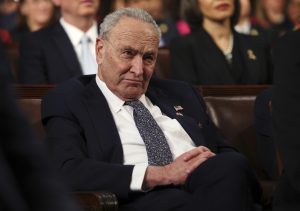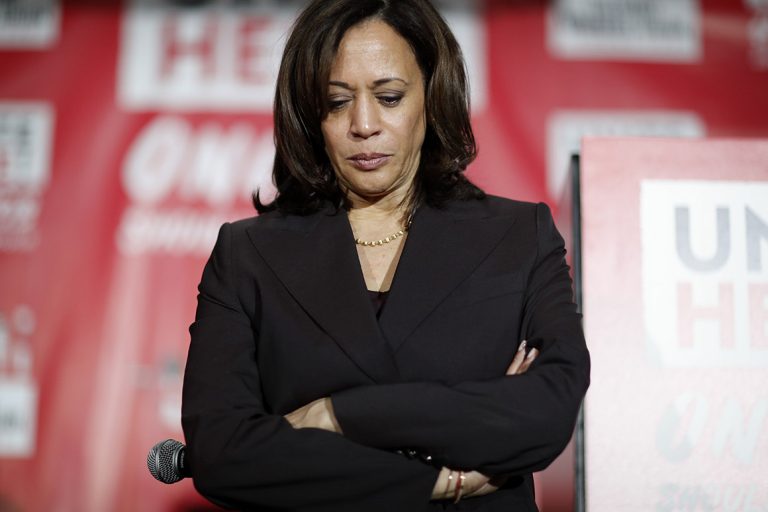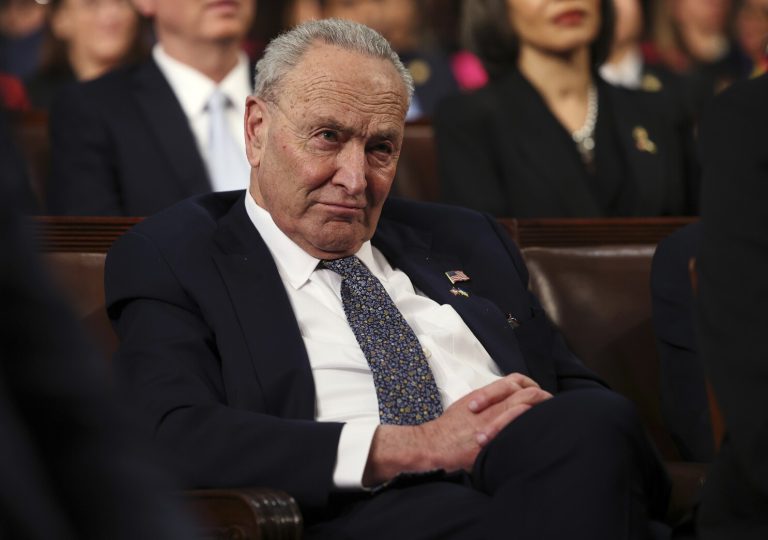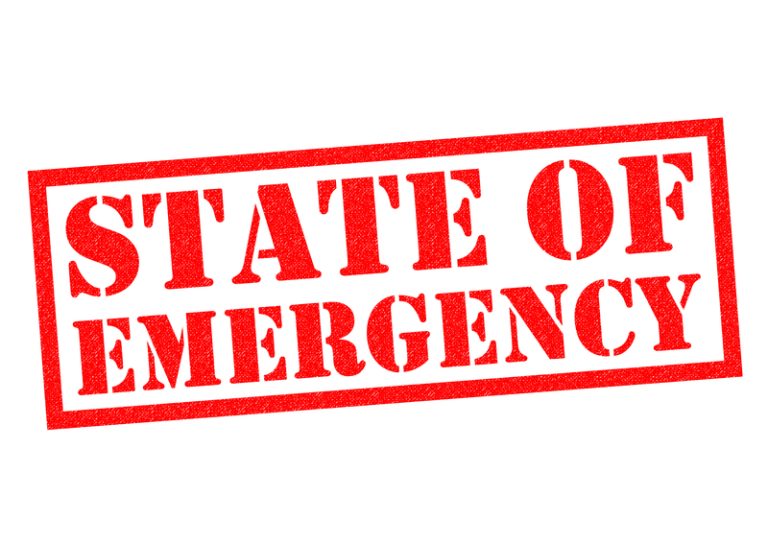NOTE: VIDEO AT THE END OF ARTICLE
In a rare bipartisan move, Representative Thomas Massie (R-KY) announced plans to introduce a War Powers Resolution aimed at preventing the United States from entering the escalating conflict between Israel and Iran without formal approval from Congress.
“This is not our war,” Massie posted on X (formerly Twitter) late Monday. “But if it were, Congress must decide such matters according to our Constitution.” He confirmed that the resolution would be introduced the following day and encouraged lawmakers from both sides of the aisle to support it.
Massie’s proposal quickly gained support from across the political spectrum. Representative Ro Khanna (D-CA), a longtime advocate for restraining executive war powers, publicly backed the resolution, stating, “No war in Iran. It’s time for every member to go on record. Are you with the neocons who led us into Iraq or do you stand with the American people?”
The resolution invokes the War Powers Act of 1973, a law designed to check the president’s power to commit U.S. forces to armed conflict without congressional consent. If passed, it would require President Biden—or any future president—to seek legislative approval before engaging militarily in the Middle East conflict.
The timing of the resolution comes as tensions in the region continue to rise. While Israel and Iran exchange accusations and missile fire, there are growing fears that U.S. forces could become entangled in a broader war. Massie and Khanna argue that the American public has little appetite for another foreign military engagement, especially one lacking clear objectives or congressional authorization.
“This is about accountability,” Khanna said. “We need to make sure decisions of war and peace are made by the people’s representatives—not by a few individuals behind closed doors.”
Political analysts say the move could force a public debate in Congress, drawing attention to how quickly military decisions are made in Washington without oversight. It also reflects growing skepticism—on both the left and the right—of foreign interventions that lack clear mandates or defined goals.
Whether the resolution gains enough momentum to pass remains to be seen, but it marks a significant moment of bipartisan resistance to unchecked presidential war powers—and a clear signal that many lawmakers are wary of repeating the mistakes of past conflicts.

James Jenkins is a celebrated Pulitzer Prize-winning author whose work has reshaped the way readers think about social justice and human rights in America. Raised in Atlanta, Georgia, James grew up in a community that instilled in him both resilience and a strong sense of responsibility toward others. After studying political science and creative writing at Howard University, he worked as a journalist covering civil rights issues before dedicating himself fully to fiction. His novels are known for their sharp, empathetic portraits of marginalized communities and for weaving personal stories with broader political realities. Jenkins’s breakout novel, Shadows of Freedom, won national acclaim for its unflinching look at systemic inequality, while his more recent works explore themes of identity, resilience, and the fight for dignity in the face of oppression. Beyond his novels, James is an active public speaker, lecturing at universities and participating in nonprofit initiatives that support literacy and community empowerment. He believes that storytelling is a way to preserve history and inspire change. When not writing, James enjoys jazz music, mentoring young writers, and traveling with his family to explore cultures and stories around the world.









